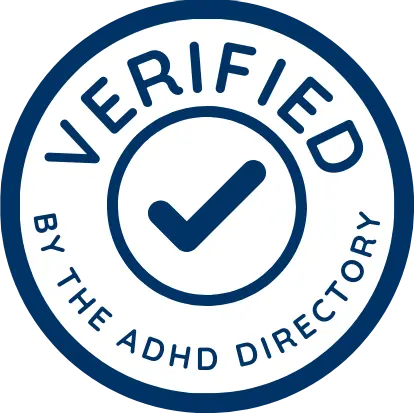Attention-Deficit/Hyperactivity Disorder, commonly known as ADHD, is more than just a simple inability to focus or a tendency towards impulsiveness. It is a complex, highly genetic, brain-based syndrome that directly influences a set of brain functions and corresponding behaviours known as executive functioning skills. People with ADHD are more likely to also be diagnosed with other conditions such as Dyslexia, Dyscalculia and Dyspraxia, or have anxiety/depression. Some people have a dual diagnosis of ASD (AuADHD).
What Are Executive Functioning Skills?
Executive functions are high-level cognitive processes that enable us to quickly analyse and interpret information, plan and organise tasks, remember details, and manage time efficiently. Specifically, these include:
- Attention and Concentration: The ability to sustain focus on a particular task or set of information while directing cognitive resources without getting easily distracted.
- Memory: Retaining and recalling information as needed. Short-term memory is often more of a challenge with ADHD.
- Motivation and Effort: The emotional and cognitive drive that fuels goal-oriented actions and getting things done.
- Learning from Mistakes: An adaptive quality that allows for self-correction and future planning. Knowing what went wrong so you can do better/differently next time.
- Impulsivity: Tendency towards spontaneous actions without thinking through the consequences first.
- Hyperactivity: Excessive physical or mental activity, often manifested as restlessness, fidgeting, or inner restlessness (too many thoughts/racing mind).
- Organisation: Structuring tasks and responsibilities in a systematic manner. Organising time, tasks and things!
- Social Skills: Interpersonal abilities that facilitate effective communication and relationship-building (work and personally).
- Emotional regulation: refers to the methods by which individuals manage and modify their emotional reactions to achieve specific outcomes, maintain well-being, or conform to social expectations.
The Underlying Causes
Though the complex nature of ADHD remains a subject of ongoing research, several known contributing factors play a role
- Chemical Differences: Neurotransmitters, the chemical messengers of the brain, operate differently in individuals with ADHD.
- Structural Variations: Differences in brain anatomy, particularly in areas governing executive functions, have been observed in people with ADHD.
- Genetic Factors: ADHD tends to run in families; scientific research and twin studies demonstrate a strong genetic component in its occurrence.
Living with ADHD
ADHD poses unique challenges but also offers distinct advantages and strengths. Many people with ADHD are known for their creativity, enthusiasm, and ability to think outside the box. Understanding the condition is the first step in leveraging its strengths while managing its drawbacks.
At The Adult ADHD Coach, we specialise in offering bespoke ADHD life coaching services for adults living with ADHD. Our tailored solutions focus on enhancing organisational skills, reducing procrastination, and mastering time and task management to help individuals excel in their professional and personal lives to create a life where they are thriving and living their best ADHD life!
Do you have ADHD?




